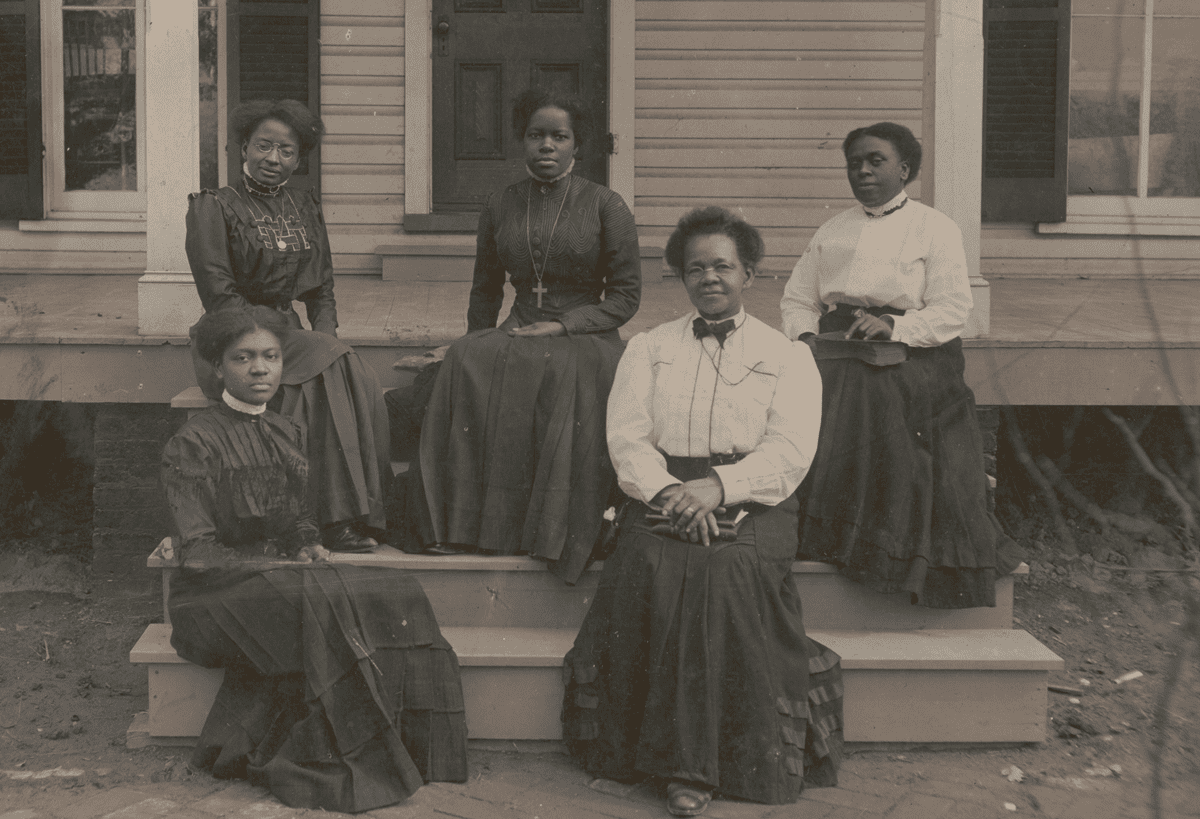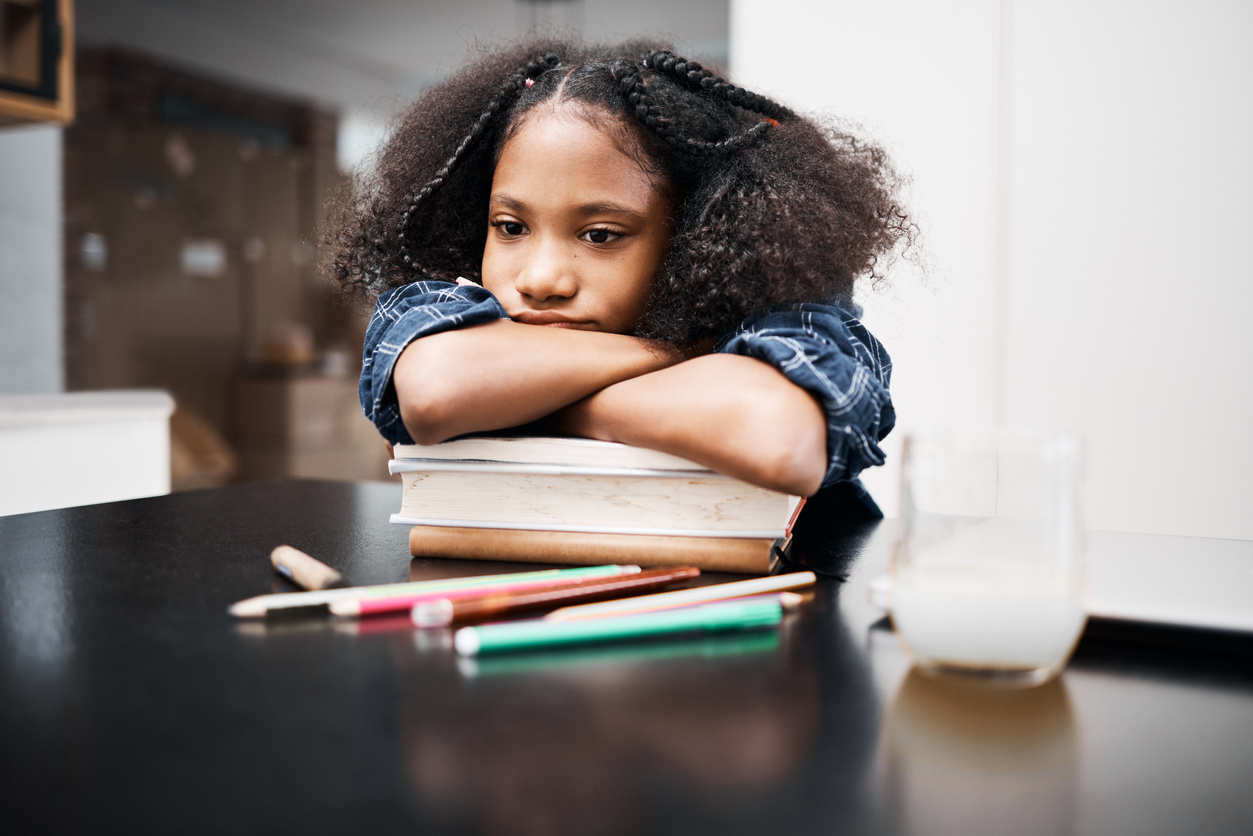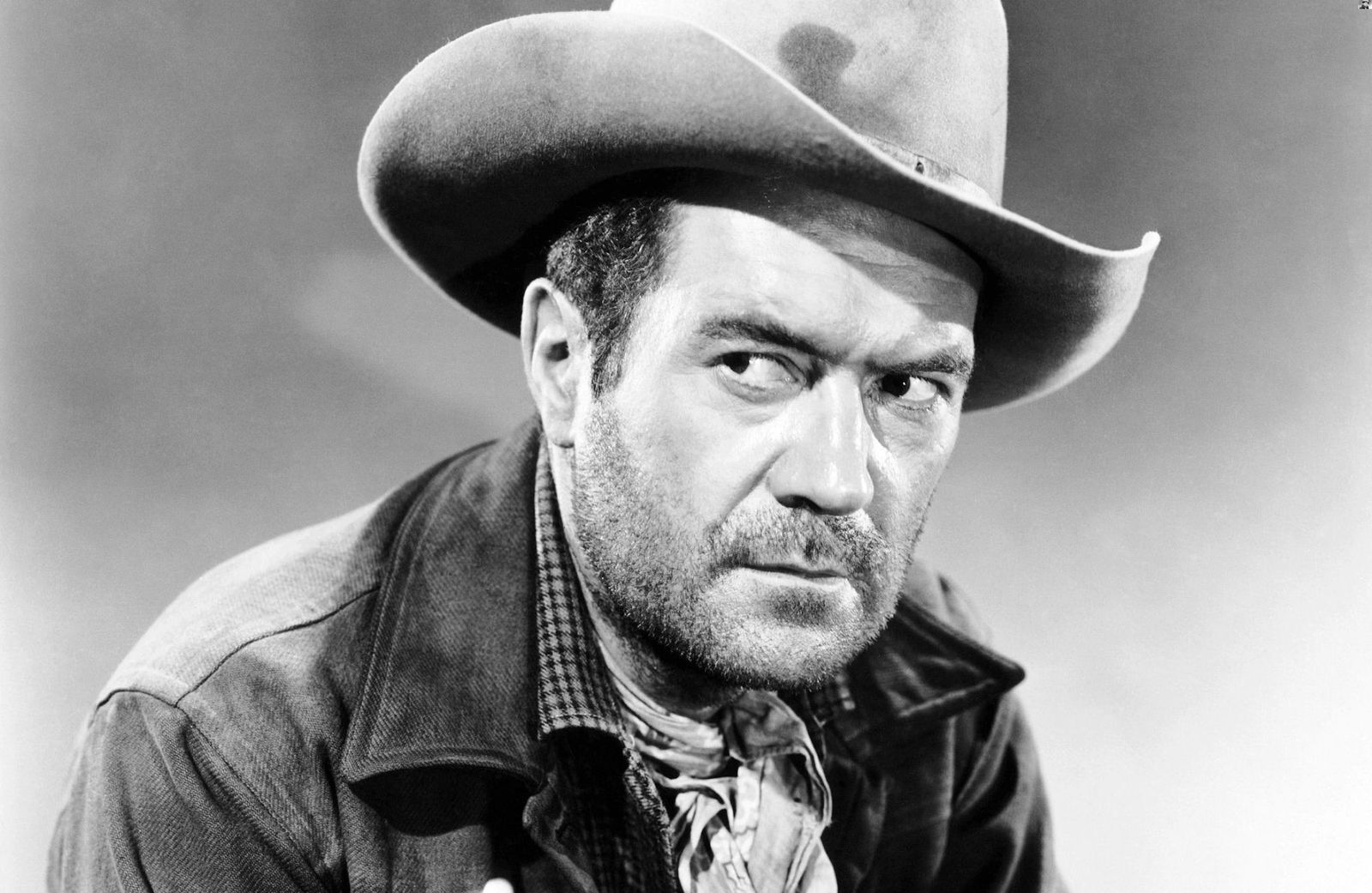
Black Victorian women played significant roles in history, yet their stories often remain untold. Who were these remarkable women? They were pioneers, activists, artists, and everyday heroes who navigated a world that frequently marginalized them. Despite facing racial and gender discrimination, they made substantial contributions to society. From Mary Seacole, a nurse who cared for soldiers during the Crimean War, to Sarah Forbes Bonetta, a Yoruba princess and goddaughter of Queen Victoria, these women left an indelible mark on history. Their lives were filled with resilience, courage, and an unyielding spirit. Understanding their experiences provides a richer, more inclusive view of the Victorian era. Ready to learn more? Let's dive into 37 fascinating facts about these incredible women.
Key Takeaways:
- Black Victorian women overcame discrimination, pursued education, and made cultural and social contributions, inspiring future generations with their resilience and determination.
- Despite facing challenges, Black Victorian women played vital roles in society, advocating for equal rights, contributing to the arts, and promoting community well-being.
Black Victorian Women in Society
Black Victorian women played significant roles in their communities, often overcoming immense challenges. Here are some fascinating facts about their lives and contributions.
-
Many Black Victorian women were descendants of enslaved Africans who had gained freedom through various means, including abolition and self-purchase.
-
Despite societal constraints, some Black women in the Victorian era managed to secure employment as domestic workers, seamstresses, and laundresses.
-
Education was a priority for many Black Victorian families, and some women became teachers, helping to uplift their communities.
-
Black women often faced racial and gender discrimination, yet they formed supportive networks to help each other navigate these challenges.
-
Some Black Victorian women were involved in the abolitionist movement, advocating for the end of slavery and equal rights for all.
Prominent Black Victorian Women
Several Black women made notable contributions during the Victorian era. Their stories are both inspiring and educational.
-
Mary Seacole, a Jamaican-born nurse, gained fame for her work during the Crimean War, where she provided care for wounded soldiers.
-
Sarah Parker Remond, an African American abolitionist and physician, traveled to England to campaign against slavery and later studied medicine in Italy.
-
Ida B. Wells, a journalist and activist, visited Britain to raise awareness about lynching in the United States, gaining international support for her cause.
-
Harriet Jacobs, an escaped slave and author, wrote "Incidents in the Life of a Slave Girl," which highlighted the struggles of Black women under slavery.
-
Phillis Wheatley, the first published African American poet, continued to be celebrated during the Victorian era for her literary contributions.
Cultural Contributions
Black Victorian women also made significant cultural contributions, enriching the arts and literature of their time.
-
Some Black women became accomplished musicians, performing in both private and public settings.
-
Black Victorian women often participated in church choirs, where they could express their musical talents and connect with their communities.
-
Literature by Black women, though less common, provided valuable insights into their experiences and perspectives.
-
Black women in the Victorian era often used storytelling to preserve their cultural heritage and pass down traditions.
-
Some Black Victorian women were involved in theater, both as performers and behind the scenes.
Social Activism
Black Victorian women were not just passive observers; they actively engaged in social and political movements.
-
Many Black women joined suffrage movements, advocating for women's right to vote.
-
Some Black Victorian women were involved in temperance movements, promoting abstinence from alcohol to improve social conditions.
-
Black women often organized and participated in community events, such as fundraisers and social gatherings, to support various causes.
-
Some Black Victorian women were involved in labor movements, fighting for better working conditions and fair wages.
-
Black women also played key roles in establishing and running mutual aid societies, which provided financial and social support to their communities.
Everyday Life
The daily lives of Black Victorian women were shaped by their unique experiences and the challenges they faced.
-
Many Black women lived in urban areas, where they formed tight-knit communities for mutual support.
-
Black Victorian women often balanced multiple roles, including work, family, and community responsibilities.
-
Fashion was important to many Black Victorian women, who used clothing to express their identity and status.
-
Some Black women ran their own businesses, such as boarding houses or small shops, providing economic independence.
-
Black Victorian women often relied on traditional remedies and herbal medicine for healthcare, passing down knowledge through generations.
Education and Intellectual Pursuits
Education was a vital aspect of life for many Black Victorian women, who sought knowledge and self-improvement.
-
Some Black women attended segregated schools, while others were educated at home or in private institutions.
-
Black Victorian women often taught their children and other community members, emphasizing the importance of literacy and education.
-
Some Black women pursued higher education, becoming among the first to attend universities and colleges.
-
Black Victorian women often engaged in intellectual discussions and debates, both within their communities and in broader society.
-
Many Black women were avid readers, consuming a wide range of literature to broaden their horizons.
Health and Wellness
Health and wellness were important concerns for Black Victorian women, who faced unique challenges in accessing healthcare.
-
Some Black women worked as midwives, providing essential care to mothers and infants in their communities.
-
Black Victorian women often practiced traditional healing methods, using herbs and natural remedies.
-
Access to healthcare was limited, so Black women often relied on community support for medical needs.
-
Nutrition and diet were important aspects of health, and many Black women grew their own food or participated in communal gardens.
-
Physical activity, such as walking and manual labor, was a regular part of daily life for many Black Victorian women.
Legacy and Impact
The legacy of Black Victorian women continues to inspire and influence future generations.
-
The contributions of Black Victorian women laid the groundwork for future civil rights movements and social change.
-
The stories of Black Victorian women highlight the resilience and strength of these individuals, serving as powerful examples of perseverance and determination.
Celebrating Black Victorian Women
Black Victorian women played vital roles in history, often overlooked. They were educators, activists, artists, and more, contributing significantly to society. Their resilience and achievements broke barriers, paving the way for future generations.
These women faced immense challenges, yet they persevered. Their stories inspire and remind us of the importance of diversity and inclusion in historical narratives. By acknowledging their contributions, we honor their legacy and ensure their stories are remembered.
Learning about these remarkable women enriches our understanding of history. It highlights the strength and determination of those who fought for equality and justice. Their impact is still felt today, reminding us of the progress made and the work still needed.
Celebrate the achievements of Black Victorian women. Their legacy is a testament to the power of perseverance and the importance of recognizing diverse voices in history.
Frequently Asked Questions
Was this page helpful?
Our commitment to delivering trustworthy and engaging content is at the heart of what we do. Each fact on our site is contributed by real users like you, bringing a wealth of diverse insights and information. To ensure the highest standards of accuracy and reliability, our dedicated editors meticulously review each submission. This process guarantees that the facts we share are not only fascinating but also credible. Trust in our commitment to quality and authenticity as you explore and learn with us.


